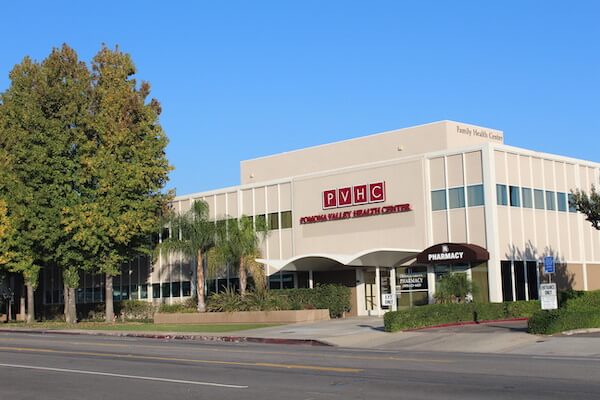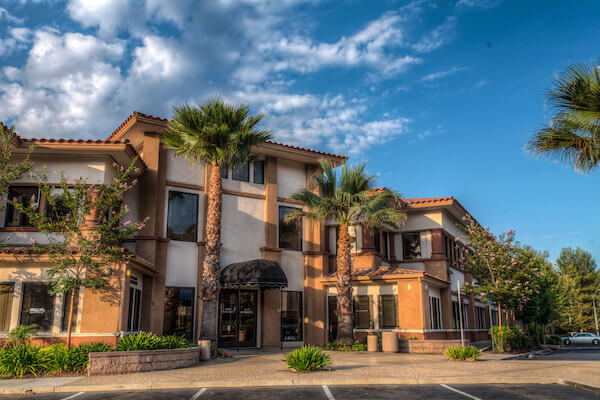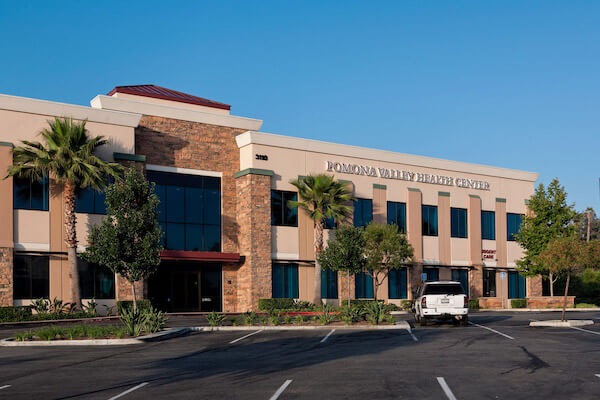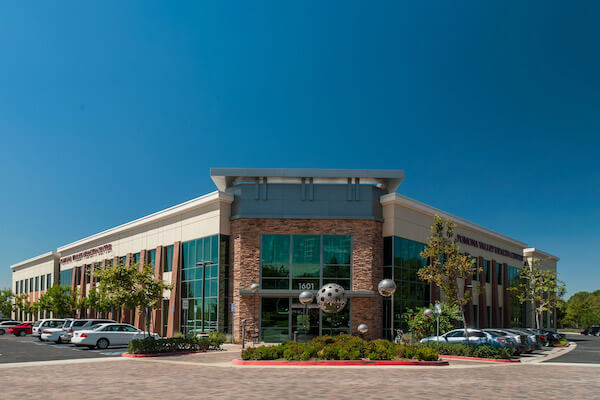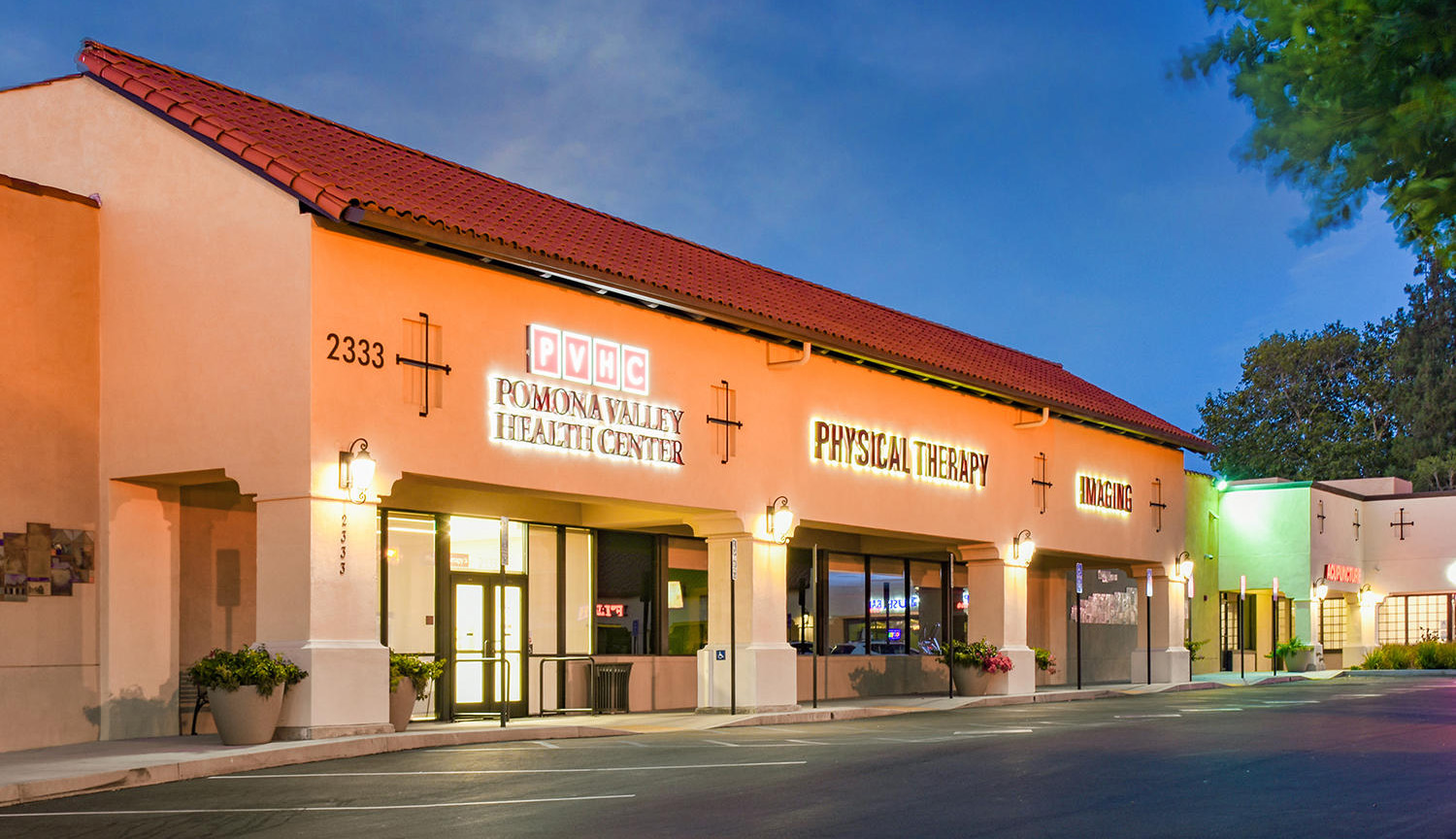What is a hernia?
A hernia is a painful condition that occurs when an organ is protruding into a weak area in the surrounding muscle or connective tissue. One of the first signs of a hernia is a protrusion or lump in the area where the hernia is occurring. Fortunately, there are ways to prevent a hernia from developing.
Common symptoms of a hernia may include:
- Pain in the affected area, especially when coughing, lifting or bending over
- Burning, gurgling or aching in the area of the hernial protrusion
- Weakness, pressure or heavy feelings in the abdomen
A hiatal hernia can include other symptoms, such as:
- Acid reflux
- Chest pain
- Trouble swallowing
Types of hernias
A hernia can come in many forms. Different types of hernias are often classified by their location and which organs are pushing through the muscle. These include:
- Inguinal hernia – The most common form of hernias, an inguinal hernia occurs when the intestines protrude into the tissues in the lower abdomen wall, often in the inguinal canal.
- Hiatal hernia – A hiatal hernia occurs when the upper part of the stomach pushes up into the hiatus, an opening in the diaphragm where the esophagus passes through. Hiatal hernias are often associated with gastroesophageal reflux.
- Umbilical hernia – An umbilical hernia occurs when a part of the small intestine passes through the abdominal wall near the navel. This is the only hernia that can heal on its own.
- Incisional hernia – An incisional hernia occurs when the intestine pushes through the abdominal wall at the site of an incision (or the surrounding tissues) from a previous abdominal surgery.
Preventing a hernia
Though the muscle weakness that causes a hernia can’t always be prevented, you can limit the strain you put on your body. These tips can help you avoid a hernia or stop an existing hernia from progressing.
Some ways to prevent a hernia from occurring include:
- Maintain a healthy weight
- Emphasize high-fiber foods
- Lift heavy objects carefully or avoid heavy lifting altogether
- Stop smoking
- Avoid relying on a truss (an undergarment meant to hold a hernia in temporarily)
- See a doctor when you’re sick to avoid developing a persistent cough
- Avoid straining during bowel movements or urination
If you’re experiencing signs or symptoms of a hernia, call the experienced physicians at Pomona Valley Health Centers today at (909) 536-1493 to make your next appointment.
